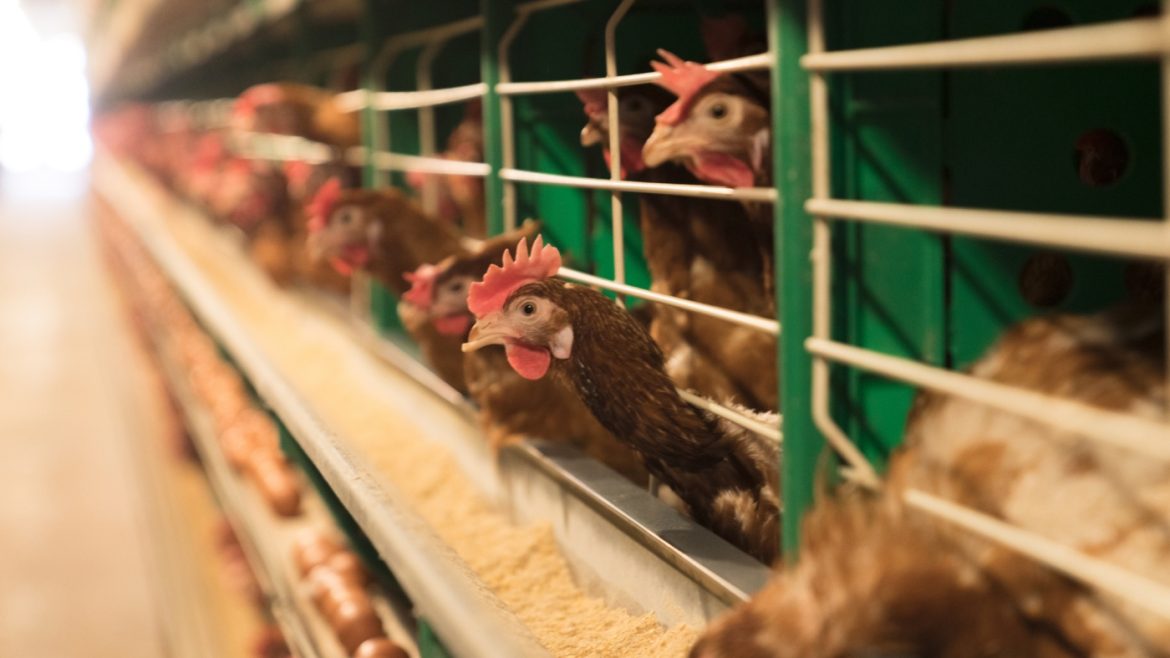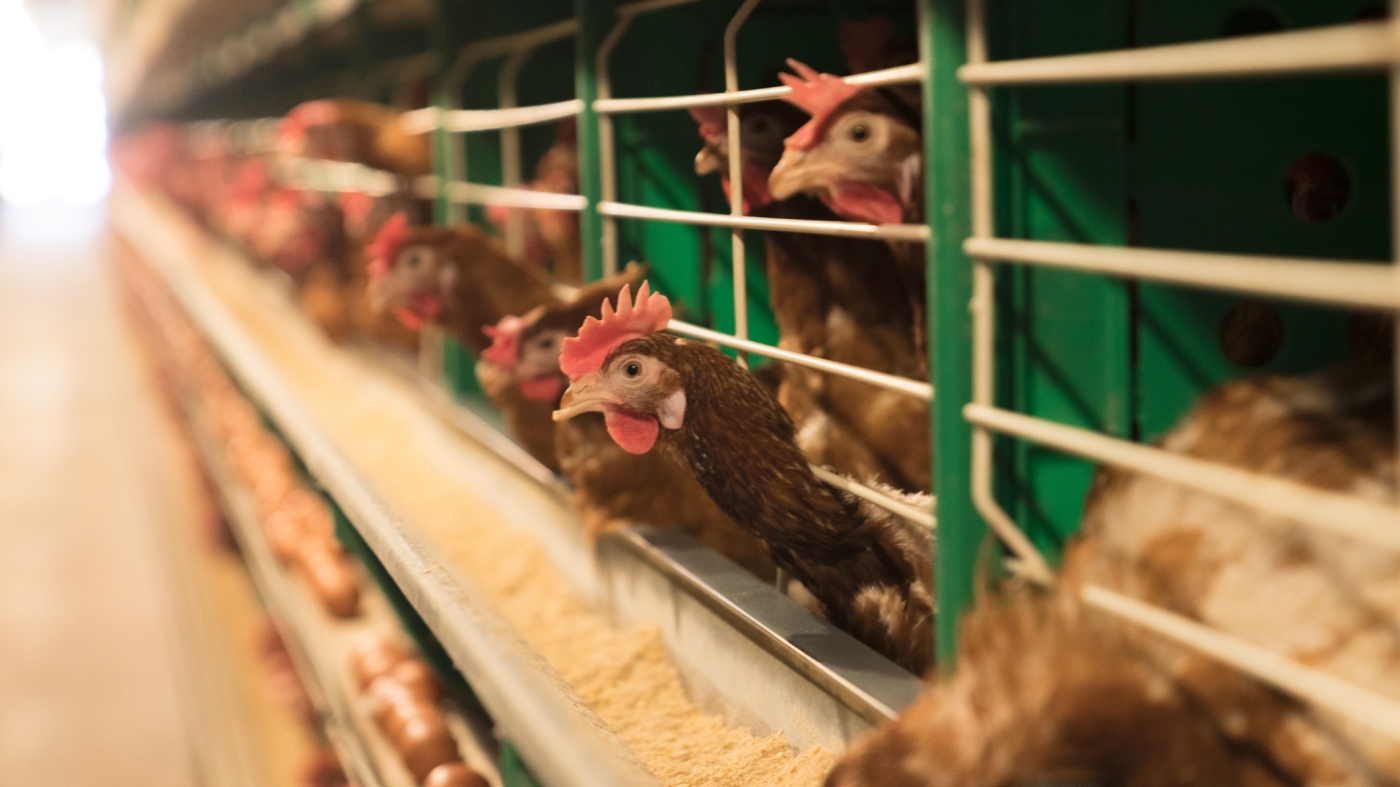Introduction
The recent decision by the Trump administration to cancel over $700 million in funding previously awarded to Moderna for the development of a bird flu vaccine marks a significant shift in U.S. public health and pandemic preparedness strategy. This move interrupts a substantial late-stage vaccine development contract aimed at countering the H5N1 bird flu virus, which has been increasingly circulating among farm animals and causing human infections. This report examines the implications, context, and potential consequences of this funding withdrawal, considering the broader bird flu threat and vaccine development landscape.
Background: The Bird Flu Threat and Vaccine Development Efforts
The H5N1 avian influenza virus, widely known as bird flu, has posed a persistent threat to poultry industries worldwide and has occasionally crossed the species barrier to infect humans. Since 2022, millions of poultry—over 150 million birds by some estimates—have been affected by bird flu outbreaks in the United States, causing significant economic damage and driving egg prices to record highs. Importantly, the virus carries pandemic potential if it evolves to become easily transmissible among humans.
In response to this threat, Moderna received contracts totaling around $700 million under the previous Biden administration to fast-track the development of a human vaccine against the bird flu. This funding aimed to support late-stage vaccine development, including manufacturing readiness, to establish a robust defense should the virus mutate to pose a widespread threat to human health.
The Funding Cancellation: Key Developments and Strategic Shifts
The Trump administration recently announced the cancellation of this sizable contract with Moderna, as publicly disclosed by various news outlets and official sources. The withdrawal affects:
– Late-stage vaccine development activities.
– The government’s secured rights to purchase doses produced under the contract.
– The exploration of alternative strategies for bird flu control and pandemic preparedness.
Though specific motivations behind the funding decision have not been fully detailed, the move aligns with a broader attempt by the administration to reshape governmental public health spending and priorities. Reports suggest efforts to reduce expenditures on pandemic preparedness initiatives perceived as costly or of uncertain immediate value, as well as a desire to control vaccine development technologies employed.
Impact on Vaccine Development and Preparedness Capacity
Moderna has indicated intentions to explore alternative financing and development pathways, but the loss of federal support at this scale represents a serious setback. Disrupting the late-stage development phase risks delaying the availability of a licensed vaccine ready for rapid deployment in the event of a pandemic.
This action also coincides with other administrative decisions limiting communications among public health experts and restricting certain preparedness activities—a pattern some commentators argue may undermine the government’s ability to respond effectively to escalating bird flu outbreaks.
Broader Context: Pandemic Response Strategy and Agricultural Impact
Alternative Approaches and Industry Implications
The administration has hinted at shifting strategies toward managing avian influenza outbreaks with minimal poultry culling to moderate egg and poultry prices. This approach aims to alleviate economic stress on farmers and consumers but raises concerns among epidemiologists about potentially increasing virus persistence among livestock.
Scientific and Public Health Community Reaction
The cancellation has puzzled vaccine experts and epidemiologists, especially given ongoing evidence of the bird flu’s continued spread and its sporadic human cases. The decision contrasts with a simultaneous move to invest in a universal flu vaccine project, though that initiative employs older technology and has itself been criticized.
The scientific community questions the efficacy of abruptly halting a near-complete late-stage vaccine program when the threat of zoonotic spillover remains high. Public health experts warn that losing momentum now could compromise future rapid response capabilities in a pandemic scenario.
Economic Consequences: From Egg Prices to Market Stability
Egg prices spiked sharply amid bird flu outbreaks, reflecting tight supply as infected flocks were culled. The administration’s goal to reduce culling is an economic strategy to stabilize supplies but risks prolonging the virus circulation in birds. The interplay between vaccine availability, outbreak control measures, and agricultural economics remains delicate.
A scalable vaccine effective against avian influenza in humans would provide critical security not only for public health but also for market stability, consumer confidence, and trade relations—especially with import/export dynamics in livestock products.
Conclusion: Navigating Uncertainty in Pandemic Preparedness and Public Health Policy
The cancellation of over $700 million in federal funding for Moderna’s bird flu vaccine development is a pivotal moment illustrating the tension between immediate fiscal considerations and long-term pandemic readiness. While the administration seeks alternative strategies and cost controls, the removal of support for a late-stage vaccine underlines risks that the country’s defense against a potential avian flu pandemic could weaken.
Balancing agricultural interests, economic pressures, and robust public health defenses demands transparent policymaking and clear communication with scientific stakeholders. The resumption or replacement of vaccine development efforts, alongside evidence-based outbreak management, will be crucial to mitigate the evolving threat of bird flu and ensure preparedness for future influenza pandemics.


